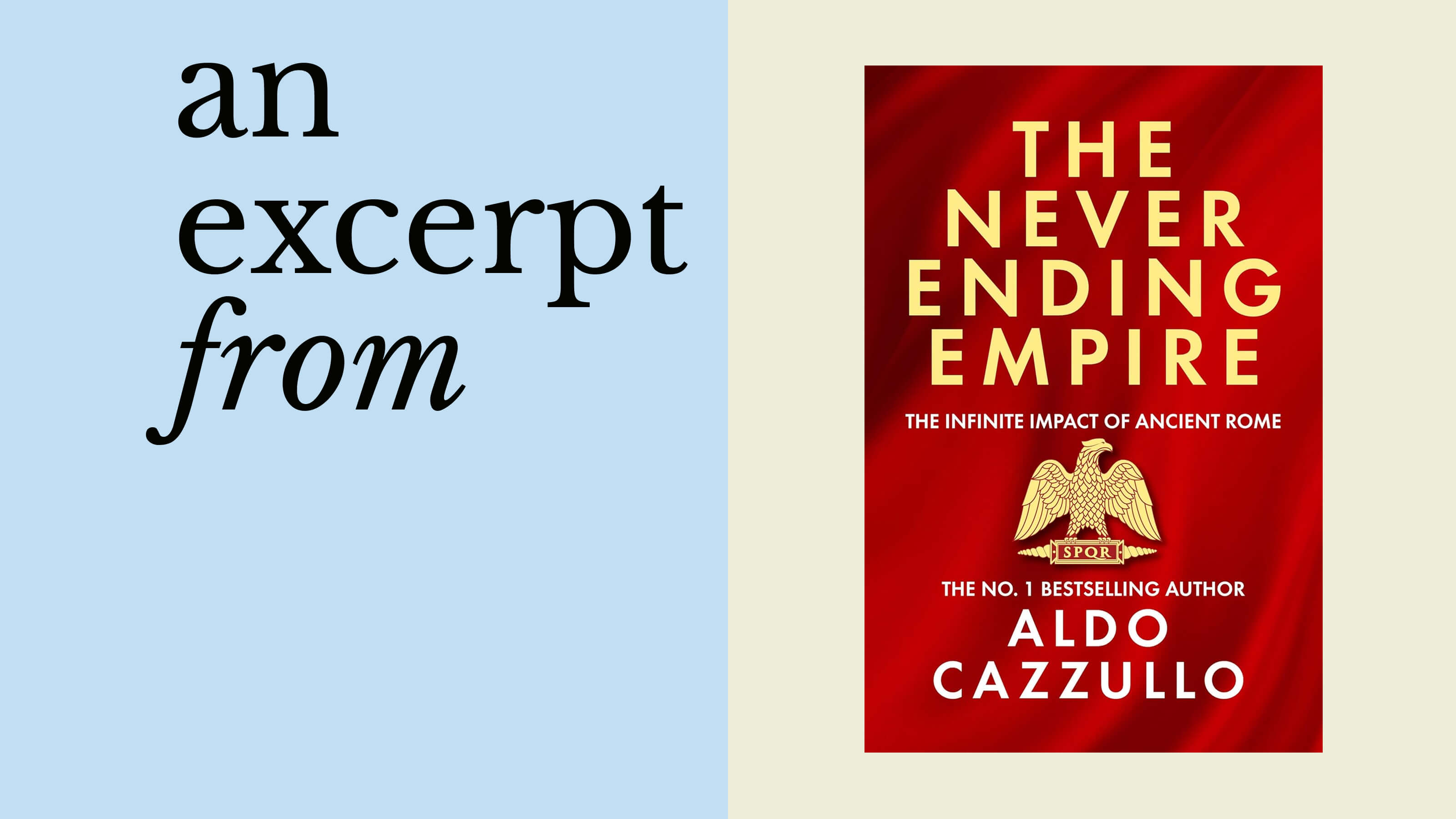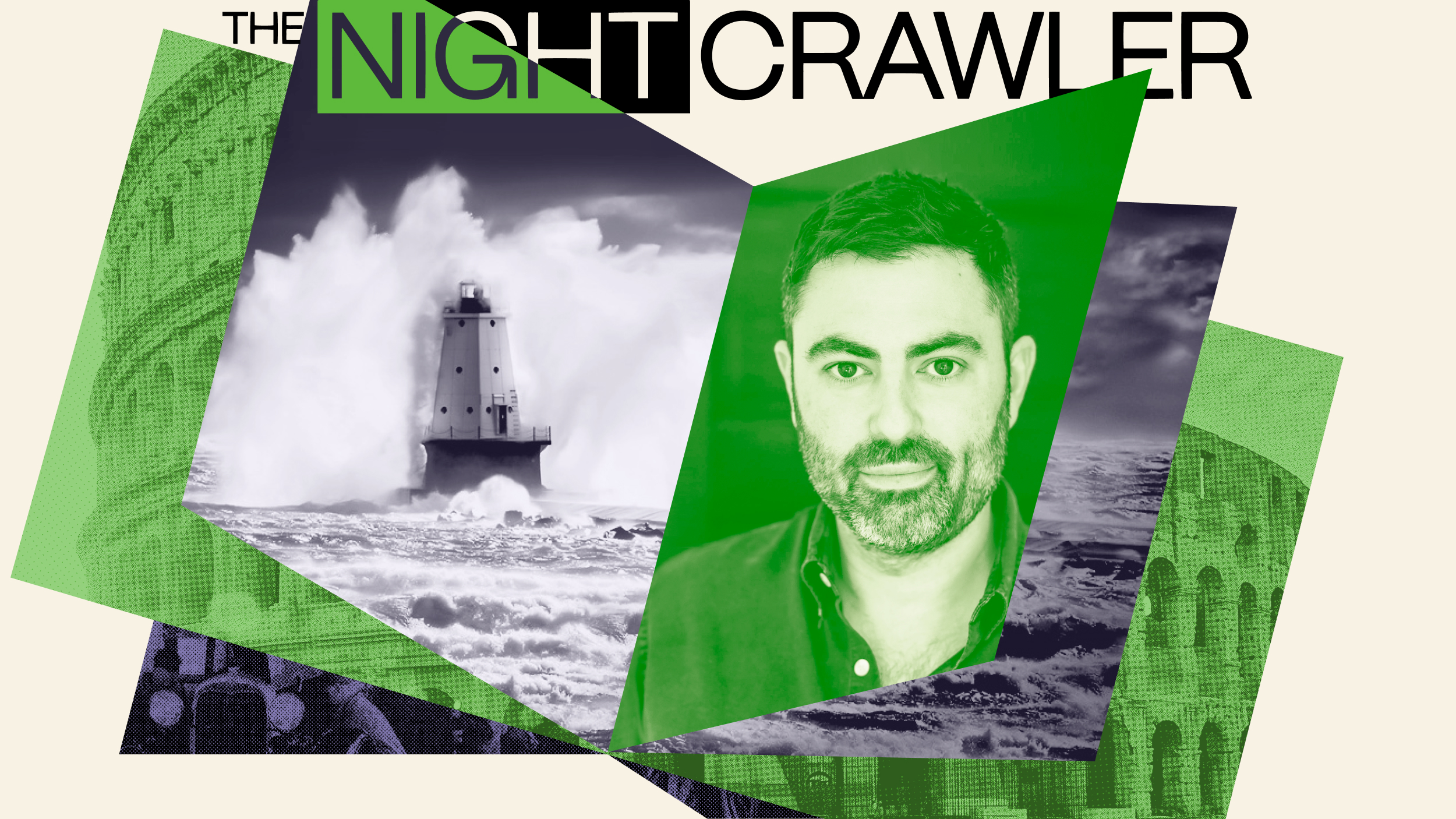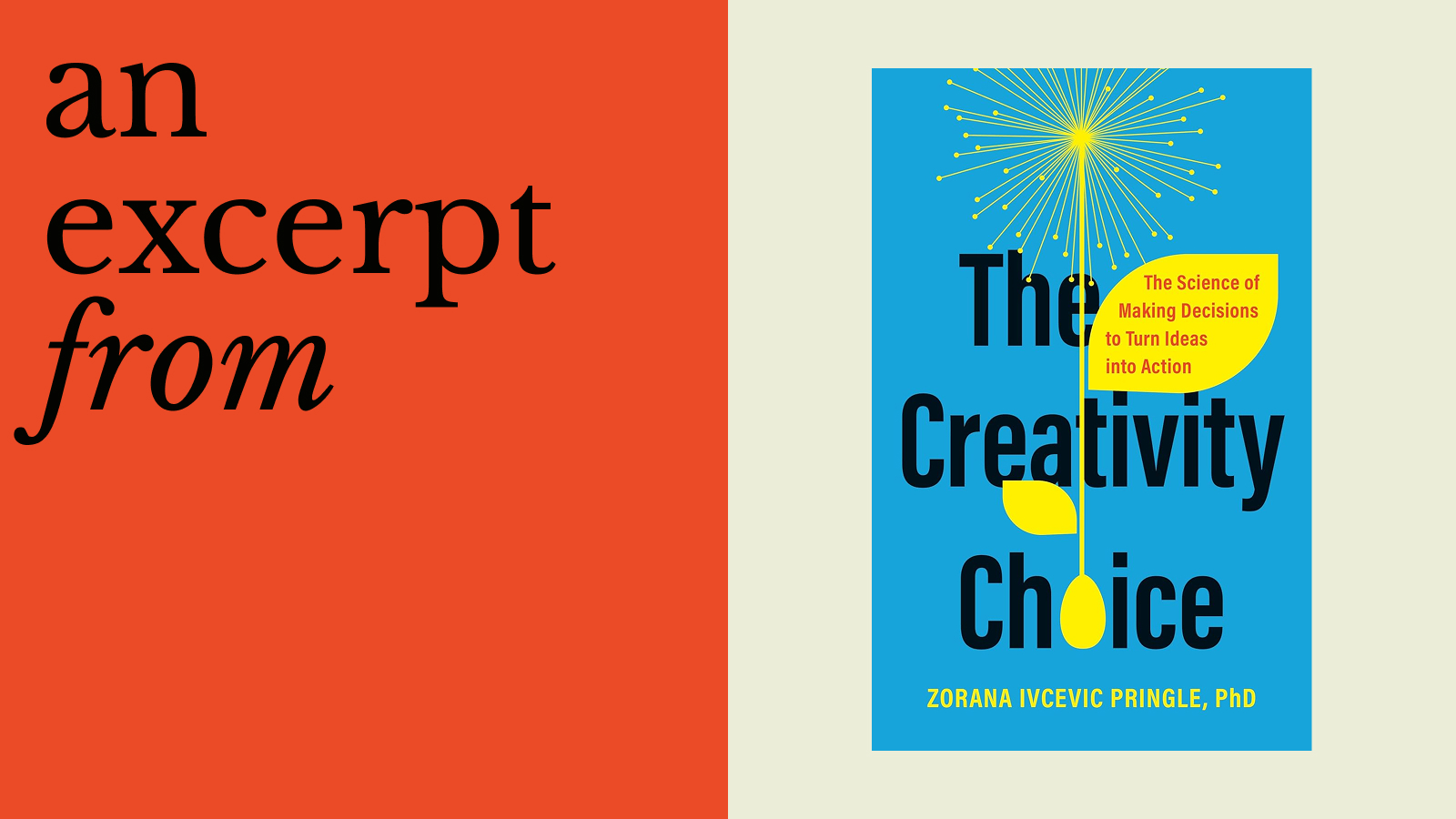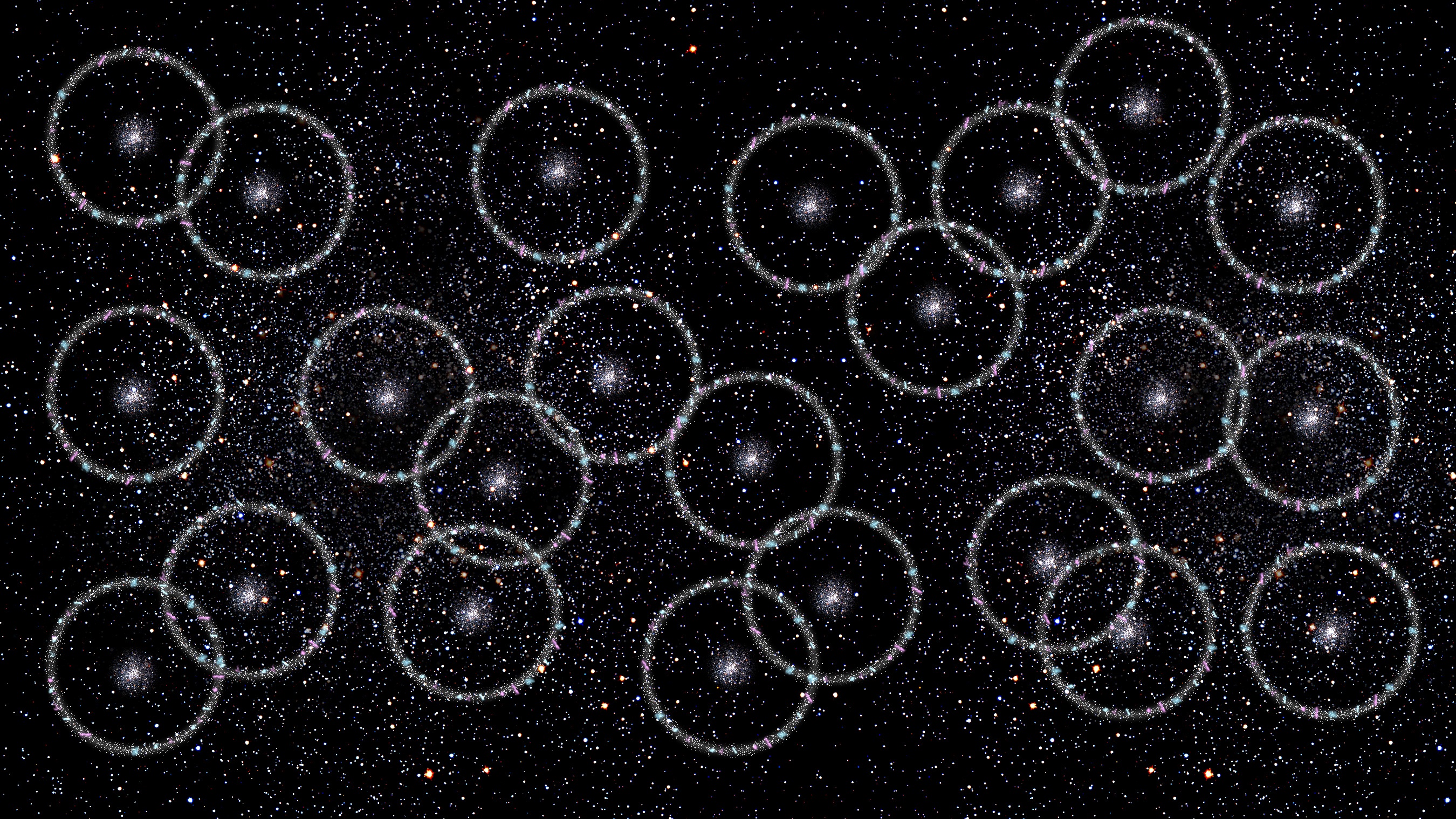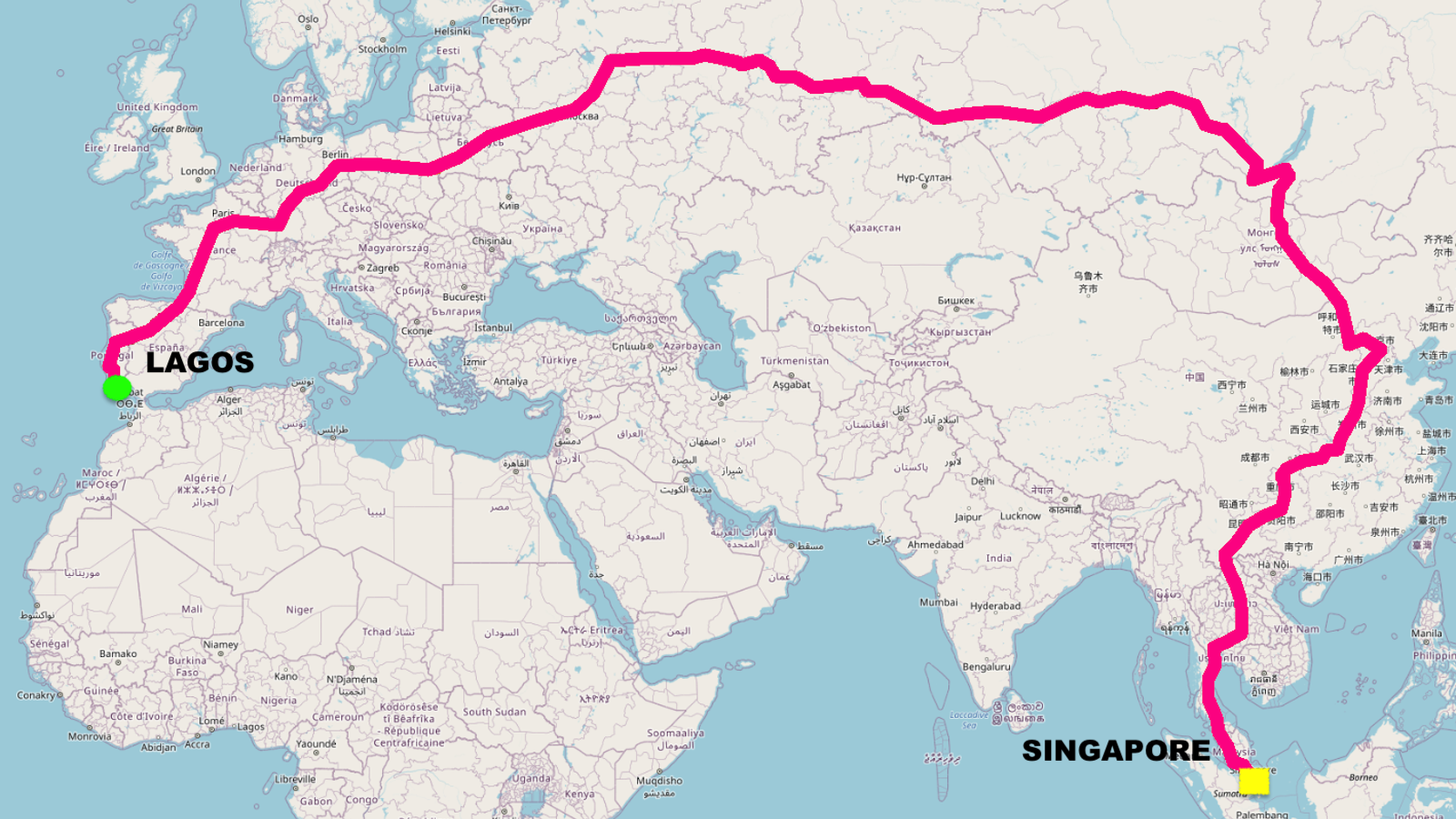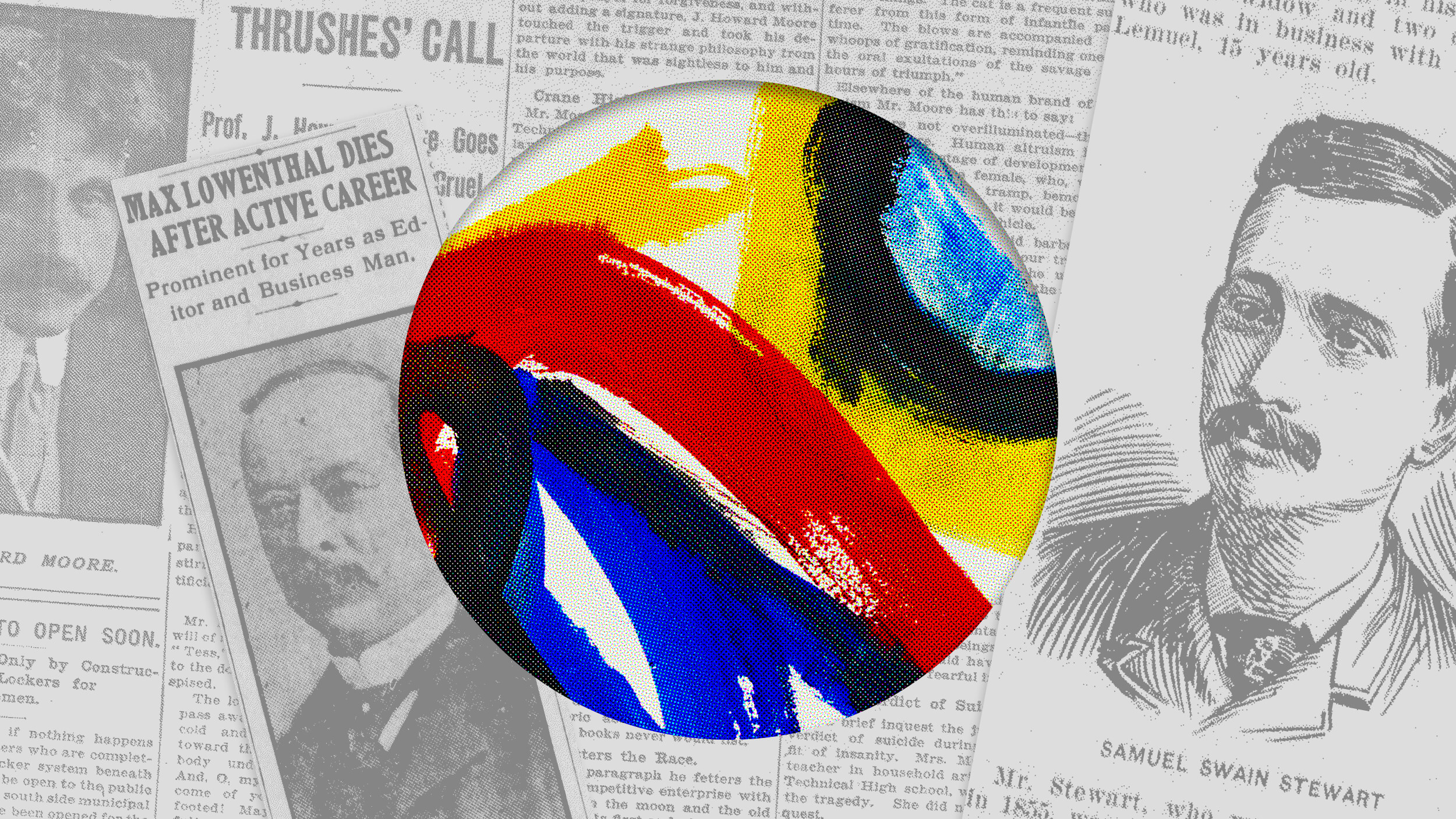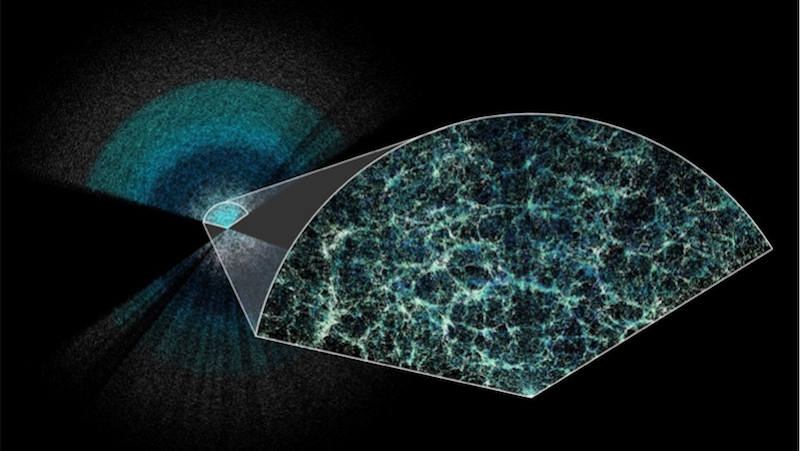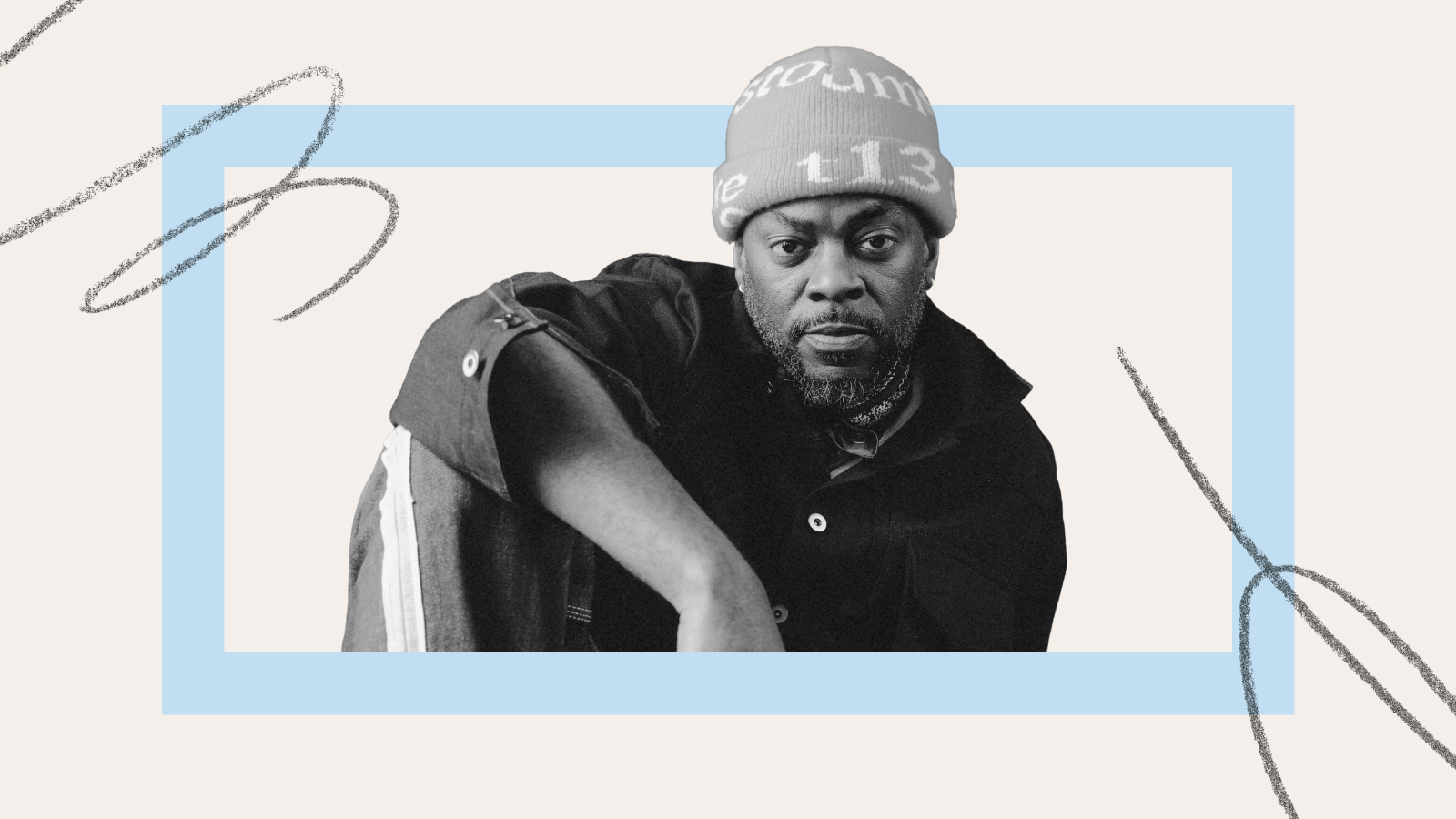From medieval myths to Shakespeare’s plays and modern cinema, British culture kept the Roman Empire alive long after its fall.
All Articles
Welcome to The Nightcrawler — a weekly newsletter from Eric Markowitz covering tech, innovation, and long-term thinking.
The laws of physics obey certain symmetries and defy others. It’s theoretically tempting to add new ones, but reality doesn’t agree.
The award-winning nature writer, Robert Macfarlane, talks with Big Think about how to reacquaint ourselves with the rivers in our lives.
For centuries, vaccines have been the top life-saving, expert medical intervention known to humans. How can individuals make the right call?
Nurture your passions instead.
From “crave” packs to Valentine bookings, the world’s first fast-food hamburger chain values innovation from every level of the organization.
It took nearly 400,000 years, after the Big Bang, to first form neutral atoms. The imprints from that early time can now be seen everywhere.
Can you travel by rail from Portugal all the way to Singapore? In theory, yes. In practice? Not so much.
Andreessen Horowitz cofounder Ben Horowitz thought that “blowing sunshine” was the right way to handle pressure — here’s how he corrected his mistake.
The COSMOS-Web survey is now complete, combining JWST and Hubble infrared data. Its spectacular views show us the Universe as never before.
Are we enslaved by the finer things in life?
Reading obituaries can boost creativity by exposing you to distant ideas, fueling the associations that lead to unexpected breakthroughs.
Since 1998, we’ve known our Universe isn’t just expanding, but the expansion is accelerating. Could the Big Bang itself be the reason why?
A.J. Jacobs looks back at what he learned about religion, himself, and modern American culture during “The Year of Living Biblically.”
Welcome to The Nightcrawler — a weekly newsletter from Eric Markowitz covering tech, innovation, and long-term thinking.
For millennia, diamonds were the hardest known material, but they only rank at #7 on the current list. Can you guess which material is #1?
Barthes is dead — long live the artist.
Long before the search for biosignatures, scientists imagined a cosmos teeming with intelligent life.
As democracy recedes and fascism rises in the USA and around the world in 2025, history provides a lesson in how science can fight fascism.
In nature, business, and life, survival doesn’t belong to the optimized — it belongs to those with a built-in buffer.
The comedian and musician behind the viral hit “BBL Drizzy” shares the books that shaped his thinking and approach to art.
Will platforms continue to offer the like button as an all-purpose tool — or will each of the button’s various functions exist in new forms?
The laws of nature are almost perfectly symmetric between matter and antimatter, and yet our Universe is made ~100% of matter only. But why?
Unconsidered productivity might leave you moving efficiently in the entirely wrong direction.
The rapid crash of Nokia was triggered when key information gatekeepers became bottlenecks. Here’s the key lesson.
There are limits to where physics makes meaningful predictions: beyond the Planck length, time, or energy. Here’s why we can’t go further.
“For every PhD there is an equal and opposite PhD.”
All stars shine due to an internal source of energy. Usually, it’s nuclear fusion: converting mass into energy. What makes them most bright?
What happens when scientists “write what they know”? Some amazing science fiction stories.
